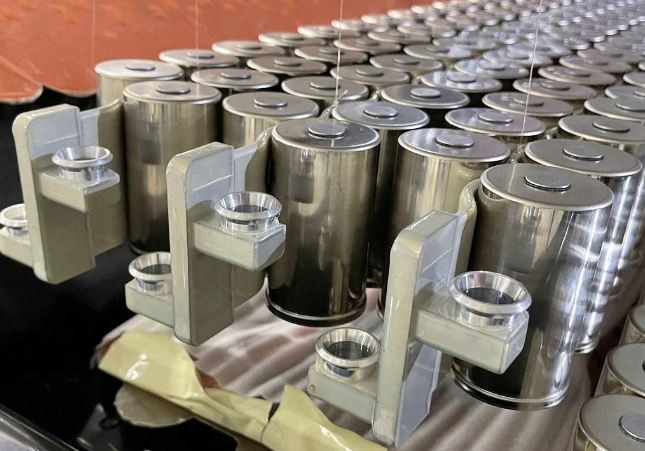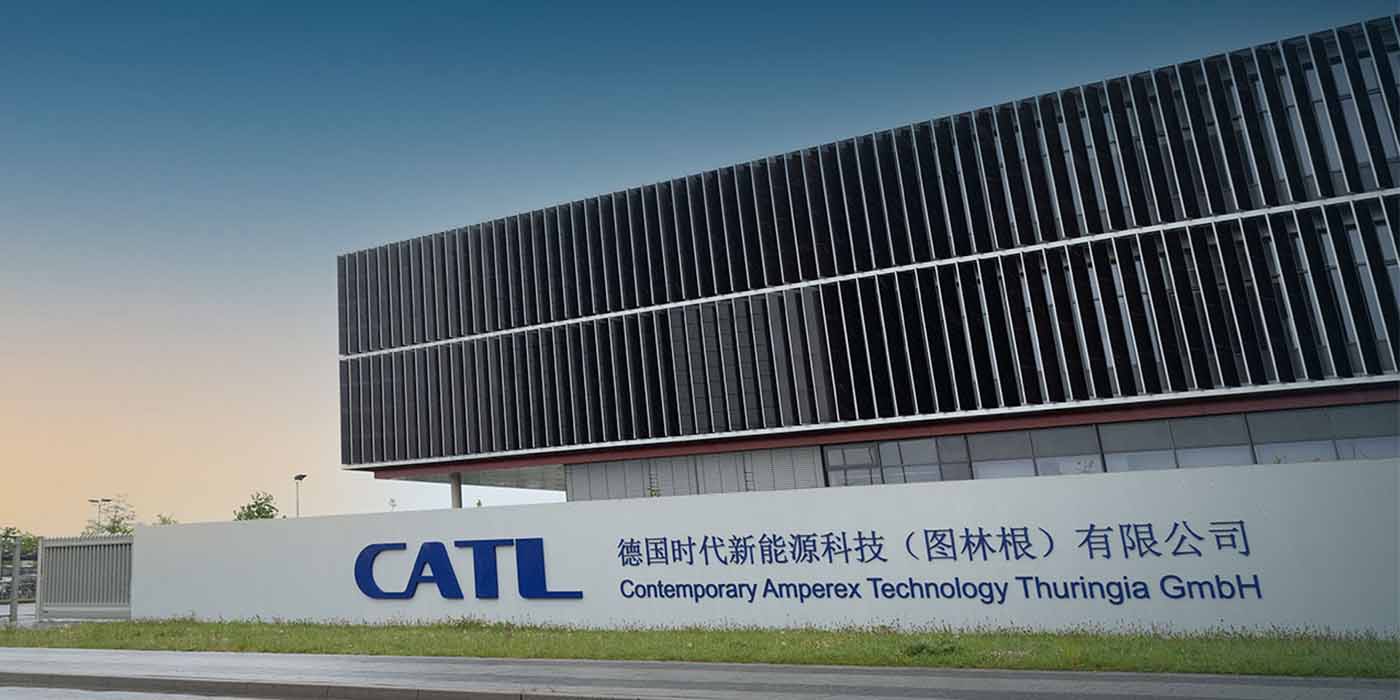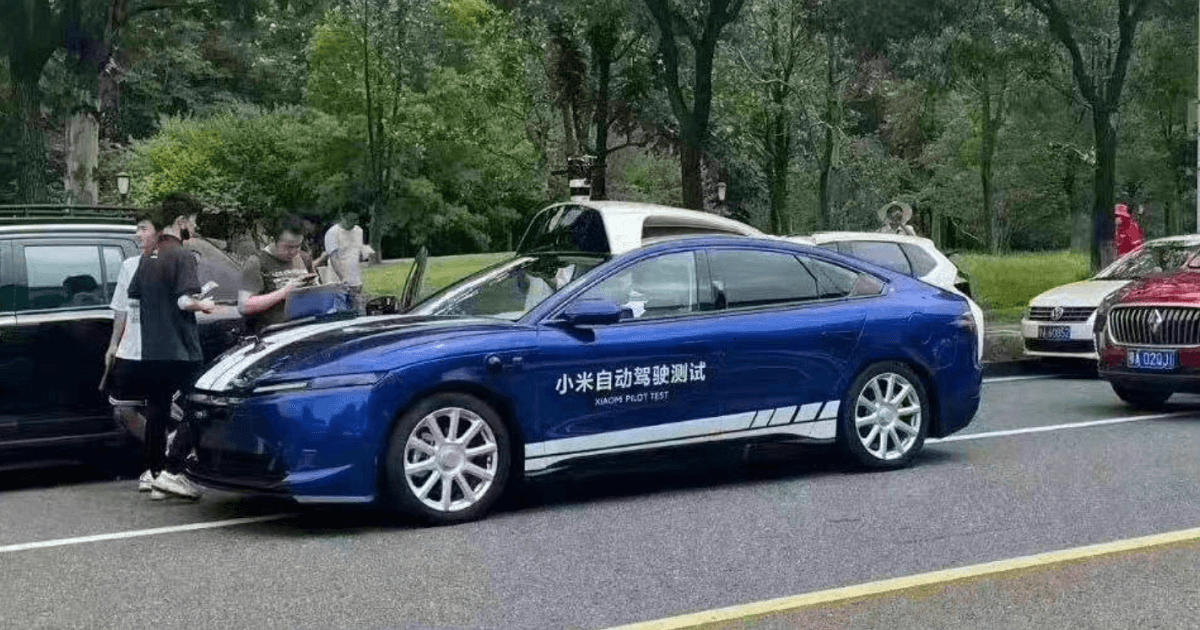In a bid to bolster its economic security and encourage domestic production, Japan is reportedly gearing up to introduce tax incentives for companies manufacturing electric vehicle (EV) batteries and semiconductors within the country. This move, as reported by the Nikkei newspaper, is set to be implemented from April 2024 and follows the footsteps of similar industrial policies in the United States and European Union.
The envisaged strategy seeks to incentivize companies to shift their production lines back to Japan from other locations, particularly China. This realignment is aligned not only with economic considerations but also with the nation’s commitment to advancing its energy transition goals.
See also: China Surpasses Japan in First-Half Auto Exports, Fueled by Electric Vehicle Growth
According to sources, the Ministry of Economy, Trade and Industry, responsible for proposing fiscal 2024 tax code revisions, will introduce the concept of tax reductions for companies involved in manufacturing strategically crucial components within the Japanese borders. This would include electric vehicle batteries and semiconductors, which are pivotal in various industries, from automotive to electronics.
The proposed mechanism mirrors the U.S. Inflation Reduction Act, wherein corporate taxes would be scaled down based on the production output of batteries and chips. The Ministry is said to be in the process of formulating specific details, including the range of applicable items. These details are expected to be finalized by the end of this year.
Traditionally, Japan reviews its tax code annually, with the ruling coalition finalizing the draft in December, setting the stage for the spring revisions.
In its pursuit of securing robust supply chains for strategically important goods, Japan has previously undertaken measures such as offering substantial subsidies to chipmakers like Taiwan Semiconductor Manufacturing and Micron Technology. These incentives are aimed at enticing these companies to establish manufacturing plants within the nation’s borders. Furthermore, the enactment of the Economic Security Promotion Act last year underscores Japan’s commitment to reinforcing its economic resilience.
See also: Japan Aims to Accelerate EV Adoption with Upgraded Highway Chargers
As Japan sets its sights on revitalizing domestic manufacturing and fortifying its position in the global supply chain, the proposed tax breaks for EV batteries and semiconductors stand as a testament to the nation’s determination to safeguard its economic interests. With April 2024 as the anticipated launch date for these incentives, the industrial landscape is poised for potential transformation. The specifics of the proposal are expected to emerge as the Ministry of Economy, Trade and Industry refines its strategy in the coming months.







